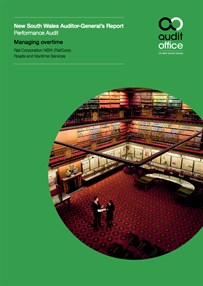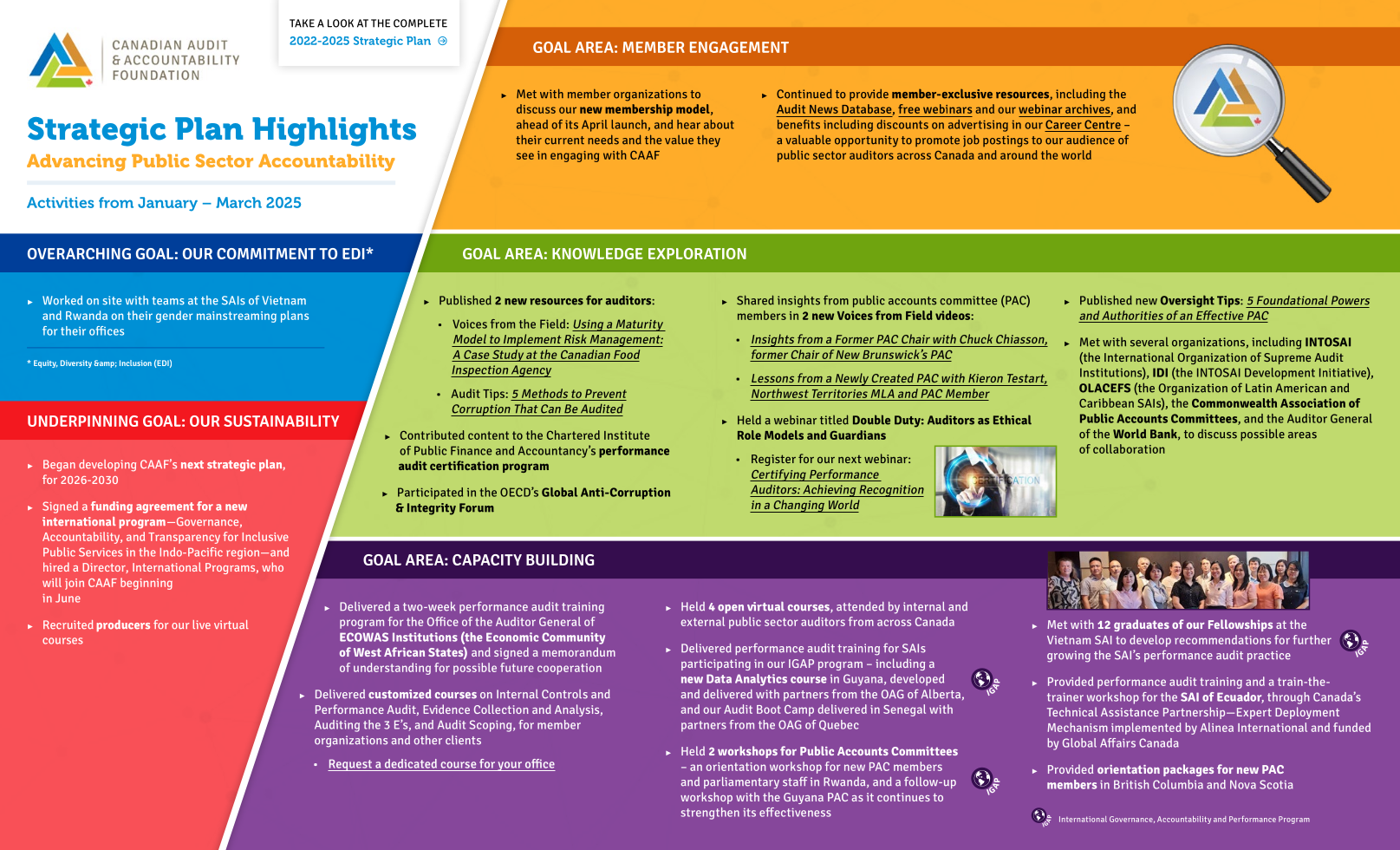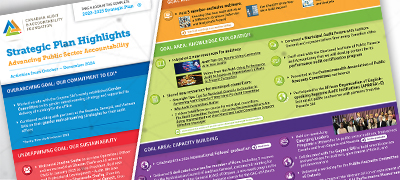|
Audited Entities
- Rail Corporation NSW (RailCorp)
Audit Scope and Objectives
- The objective of the audit was to examine whether there is effective management of overtime in RailCorp. More specifically: Is the use of overtime justified and well controlled?
Audit Criteria
- The agency is actively managing overtime.
- Sufficient accurate information is aiding the management of overtime.
- The agency has successfully introduced initiatives to better manage overtime.
Main Audit Findings
- Improved reporting on overtime and some reform are indicative of more active management of overtime. So far this has achieved limited success. To achieve more effective use of overtime RailCorp needs to determine acceptable levels for operational purposes and redefine overtime targets, including at division level. Enhanced reporting against these targets linked to key drivers of overtime is needed to improve control.
- RailCorp has improved its analysis and reporting of overtime. This has supported management’s focus on controlling overtime, especially through reducing the numbers of high overtime earners. However, information and analysis have fallen short of that necessary for effective support of on–going reform. Overtime costs have increased over the past three years at a rate of 3.9 per cent, which is consistent with award increases. The related costs of penalties and allowances remain at high levels. While a level of overtime is necessary to deliver everyday services with minimal disruption and maximum reliability, RailCorp has not determined what efficient levels of overtime are.
- Reforms have reduced overtime but their scope so far has been limited. A significant reduction in overtime was achieved through station staff reforms. In 2010–11 this was $10 million. However, increases in other areas have offset the savings achieved by the reforms. Areas experiencing increases include train crewing (drivers and guards), infrastructure maintenance and infrastructure renewals operations. Currently, RailCorp is considering other saving opportunities that could reduce overtime in these areas.
Audit Recommendations
- RailCorp should:
- Determine acceptable levels of overtime for operational purposes (by 31 December 2012).
- Further investigate and report the impact of high levels of sick leave and job vacancies on overtime (by 31 December 2012).
- Revise its current overtime targets and introduce further targets that focus on overtime costs across all divisions as part of broader reforms (by 31 December 2012).
- Strive to achieve international benchmarks for train crewing to improve efficiency and reduce overtime. This should include better aligning shifts and rosters to meet demand (ongoing).
- Prepare a plan to accelerate the revision of work practices in infrastructure maintenance and renewals divisions, similar to rolling stock initiatives, to create greater flexibility and improve productivity (by 31 December 2012).
- Prepare a plan to include the equally significant allowances and penalties relating to work outside normal hours when reviewing overtime practices (by 31 December 2012).
- Further improve reporting to monitor the achievement of overtime targets across all divisions (by 31 December 2012).


 Audit Summary
Audit Summary














